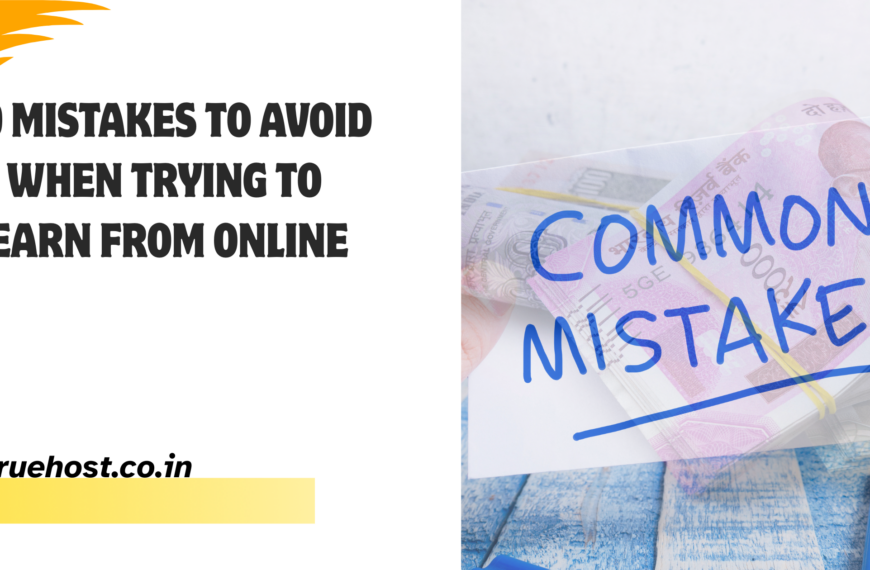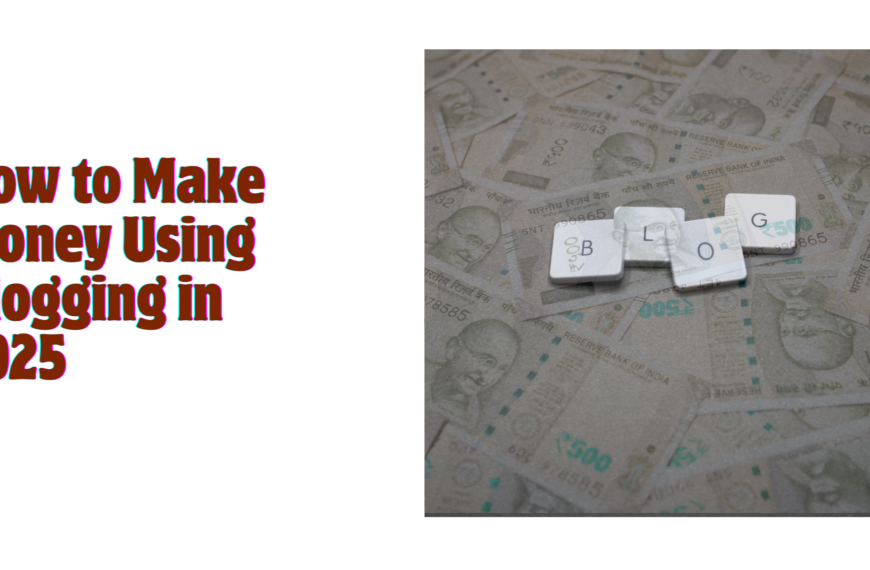Have you ever wondered about the legality of Forex trading in India?
You’re not alone.
Many people find this topic confusing, but it’s crucial to understand the rules if you’re interested in currency trading.
Let’s break it down and make sense of it all.
Forex trading, short for foreign exchange trading, is a global marketplace where currencies are bought and sold.
In India, the rules around Forex trading are quite specific. Let’s explore what’s allowed, what’s not, and how you can stay on the right side of the law.
Is Forex Trading Legal in India?
Contrary to some misconceptions, Forex trading is indeed legal in India. However, it comes with strict regulations set by two important bodies:
- The Reserve Bank of India (RBI)
- The Securities and Exchange Board of India (SEBI)
These regulations are in place to protect traders and maintain the integrity of the financial system in the country.
What’s Allowed?
You can legally trade specific currency pairs that include the Indian Rupee (INR). These pairs typically involve major currencies like:
- USD (US Dollar)
- EUR (Euro)
- GBP (British Pound)
- JPY (Japanese Yen)
It’s important to note that while spot Forex trading isn’t permitted, you can participate in exchange-traded currency derivatives.
This includes futures and options, which SEBI approved in 2008.
Trading Through Regulated Channels
To stay legal, you must use brokers registered with SEBI. These brokers follow strict rules, including:
- Maintaining a physical presence in India
- Keeping client funds in separate accounts
- Adhering to regulatory compliance standards
Restrictions and Limitations
While Forex trading is legal, there are some important restrictions to keep in mind:
- Limited Currency Pairs: You can only trade specific pairs involving INR, like USD/INR and EUR/INR. This means pairs such as USD/EUR is not allowed
- No Foreign Brokers: Using foreign brokers not regulated in India is illegal.
- Severe Penalties: Breaking these rules can result in hefty fines (up to 300% of the transaction amount) and even imprisonment.
The Risks of Illegal Forex Trading
Engaging in unauthorized Forex trading isn’t just illegal – it’s extremely risky. Besides financial penalties, you could face:
- A ban on future market activities
- Legal consequences under the Foreign Exchange Management Act (FEMA)
How to Trade Forex Legally in India
Want to try your hand at Forex trading? Here’s how to do it the right way:
- Choose a SEBI-registered broker: Ensure your broker is authorized and compliant.
- Stick to approved currency pairs: Only trade the pairs involving INR that are allowed by RBI.
- Use exchange-traded derivatives: Focus on futures and options rather than spot trading.
- Stay informed: Keep up with the latest regulations from RBI and SEBI.
Trading Foreign Currency in India
Opening Your Account
To start trading foreign currencies in India, you need to open an account with a reputable broker. Choose one with international reach, as the market operates across global financial hubs.
Contact the broker and provide the required information to set up your account.
Identity Verification
Once your account is set up, you must complete the Know Your Customer (KYC) process. This step is crucial for account activation.
You’ll need to submit personal documents and information to verify your identity and comply with regulatory requirements.
Deposit Funds
Before you can start trading, you’ll need to deposit a certain amount of money into your account.
This is called the margin requirement.
Your broker will tell you the specific amount needed. Once you’ve deposited the funds, you can begin trading right away.
Get Your Login Details
The final step is obtaining your access credentials from your broker. These typically include a username and password.
Keep these safe and secure, as they allow you to log in to your trading platform and manage your account.
Smart Forex Trading Strategies
Study Market Trends
To succeed in forex trading, you need to understand market dynamics. Keep track of how different currencies perform against each other over time.
Pay attention to major events that affect currency values. This knowledge will help you spot patterns and make smarter trades.
Pick Winning Tactics
Look at strategies other successful traders use. Compare different approaches and create a plan that fits your goals.
Your strategy should match your risk tolerance and trading style.
Stick to Familiar Pairs
Focus on one or two currency pairs. This lets you become an expert in those specific markets.
For example, if you trade USD/INR, stick with it. Don’t jump around to different pairs like EUR/JPY. Mastering a few pairs is better than knowing a little about many.
Set Clear Targets
Define your trading goals before you start. Are you saving for a vacation or planning for retirement?
Your timeline affects how you trade. Short-term goals might need aggressive strategies, while long-term goals allow for a more cautious approach.
Know When to Stop
Set firm limits for your trades. Decide in advance when you’ll exit a trade, whether you’re winning or losing.
This helps you avoid emotional decisions and protects your investments.
Use Reliable Platforms
Choose trusted forex trading platforms for your transactions.
Good platforms offer real-time data, easy-to-use interfaces, and security features. They help you execute trades quickly and safely.
Learn Currency Basics
Understand how major currencies like the US dollar, euro, and Japanese yen behave. Each has unique factors that influence its value. Knowing these can give you an edge in predicting market moves.
Monitor Your Account
Keep a close eye on your trading account. Watch your margin requirements and available funds.
This helps prevent overtrading and ensures you can cover potential losses.
Stay Informed
Follow financial news and economic reports. These can cause sudden changes in currency values. Being up-to-date helps you make timely trading decisions.
Start Small
Begin with small trades to gain experience. As you learn and become more confident, you can gradually increase your trade sizes. This approach helps minimize early losses while you’re still learning.
Alternatives to forex trading in India
Forex trading isn’t for everyone. There are alternative ways to making money in India, including:
1) Stock market investments
The Indian stock market, with exchanges like NSE (National Stock Exchange) and BSE (Bombay Stock Exchange), offers opportunities to invest in equity shares of companies.
Stocks provide long-term wealth growth potential, especially when you invest in fundamentally strong companies.
You can also trade derivatives like futures and options if you’re comfortable with higher risks.
2) Mutual funds
Mutual funds pool money from investors and allocate it across various assets like stocks, bonds, or money market instruments.
For beginners or those with limited time to analyze markets, mutual funds are a safer alternative.
Choose from equity mutual funds, debt funds, or balanced funds based on your risk appetite.
3) Real estate investments
Real estate is a tangible asset class and a stable alternative to forex trading.
You can invest in residential or commercial properties or explore Real Estate Investment Trusts (REITs), which allow you to invest in real estate without directly owning properties.
4) Gold and precious metals
Gold has been a trusted investment in India for centuries.
Besides buying physical gold, you can also invest in Gold ETFs (Exchange-Traded Funds) or Sovereign Gold Bonds, which eliminate storage concerns and provide additional benefits.
5) Cryptocurrency trading
Cryptocurrencies like Bitcoin, Ethereum, and Solana are gaining traction in India.
Though highly volatile, crypto trading can offer substantial returns for risk-tolerant investors.
Always trade on regulated platforms to ensure safety.
6) Start a business
If you’re looking for a hands-on investment, starting your own business can be a rewarding alternative. From e-commerce to digital services, the entrepreneurial space in India is booming.
A strong online presence is essential for any business, and this is where Truehost India comes in.
Why choose Truehost India for your online business needs?
When starting a business, you’ll need a reliable web hosting provider to set up your website and establish your digital footprint.
We provide affordable and reliable web hosting services in India:
- Affordable pricing: Truehost offers budget-friendly hosting plans, perfect for startups and small businesses.
- 99.99% uptime guarantee: Your website stays online, ensuring your customers can access your services anytime.
- Free SSL certificates: Secure your site with free SSL, a must-have for building trust and improving search rankings.
- 24/7 customer support: Truehost’s support team is available around the clock to assist with technical issues.
- Variety of services: From domain registration to cloud hosting and email hosting, Truehost provides everything you need to establish and grow your online presence.
 Web HostingBudget-friendly shared hosting plans
Web HostingBudget-friendly shared hosting plans Domains SearchFrom .com to unique country domains, explore and register extensions worldwide.
Domains SearchFrom .com to unique country domains, explore and register extensions worldwide. WordPress HostingPower your blog or business with WordPress hosting.
WordPress HostingPower your blog or business with WordPress hosting. Email HostingSimple, secure email hosting that helps you stay connected and professional.
Email HostingSimple, secure email hosting that helps you stay connected and professional. Reseller HostingStart your own hosting business with easy and reliable reseller hosting plans.
Reseller HostingStart your own hosting business with easy and reliable reseller hosting plans. AffiliateJoin our affiliate program and earn commissions every time you bring in new customers.
AffiliateJoin our affiliate program and earn commissions every time you bring in new customers. cPanel HostingHosting powered by cPanel, the world’s most user-friendly control panel.
cPanel HostingHosting powered by cPanel, the world’s most user-friendly control panel. Windows HostingBuilt for Windows applications and websites
Windows HostingBuilt for Windows applications and websites IN Domain PricesDon’t miss out on the best domain deals in India!
IN Domain PricesDon’t miss out on the best domain deals in India! WHOIS LookupFind out who owns a domain name with a quick and easy WHOIS search.
WHOIS LookupFind out who owns a domain name with a quick and easy WHOIS search. Domain TransferTransfer your domain to us and enjoy reliable support every step of the way.
Domain TransferTransfer your domain to us and enjoy reliable support every step of the way. .Com DomainGet the most trusted domain for worldwide credibility
.Com DomainGet the most trusted domain for worldwide credibility All TldsSearch and register domain extensions worldwide.
All TldsSearch and register domain extensions worldwide. Managed VPS HostingNot a tech expert? Choose our fully managed VPS service.
Managed VPS HostingNot a tech expert? Choose our fully managed VPS service. Dedicated ServersTake full power and total control of your own physical server.
Dedicated ServersTake full power and total control of your own physical server.







